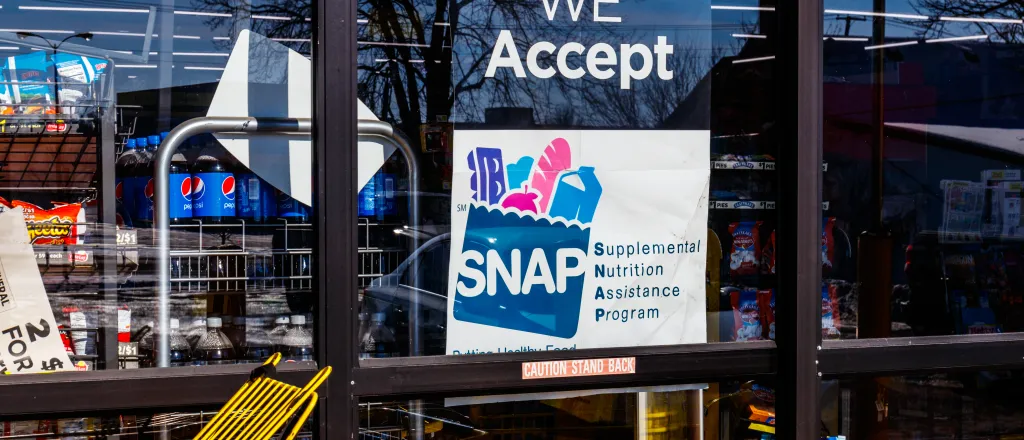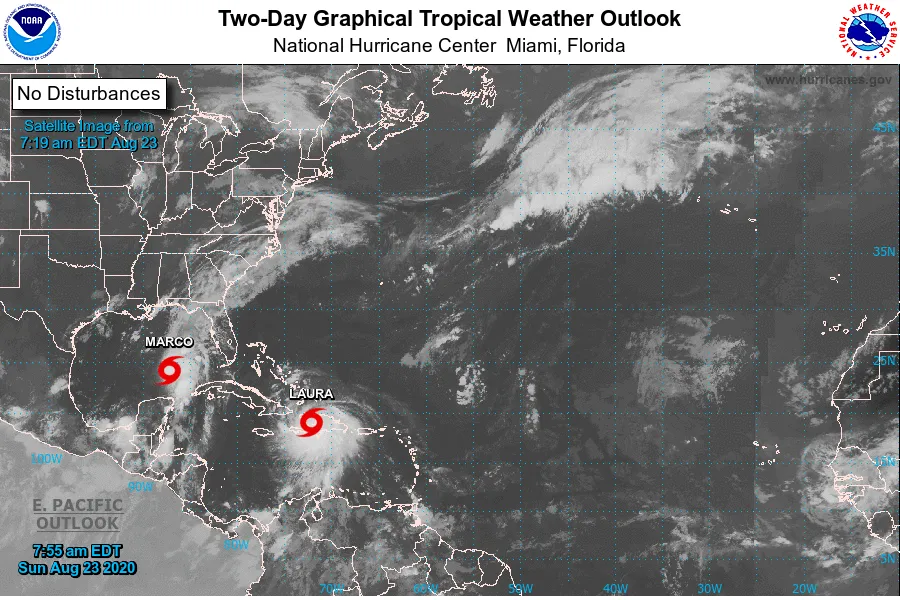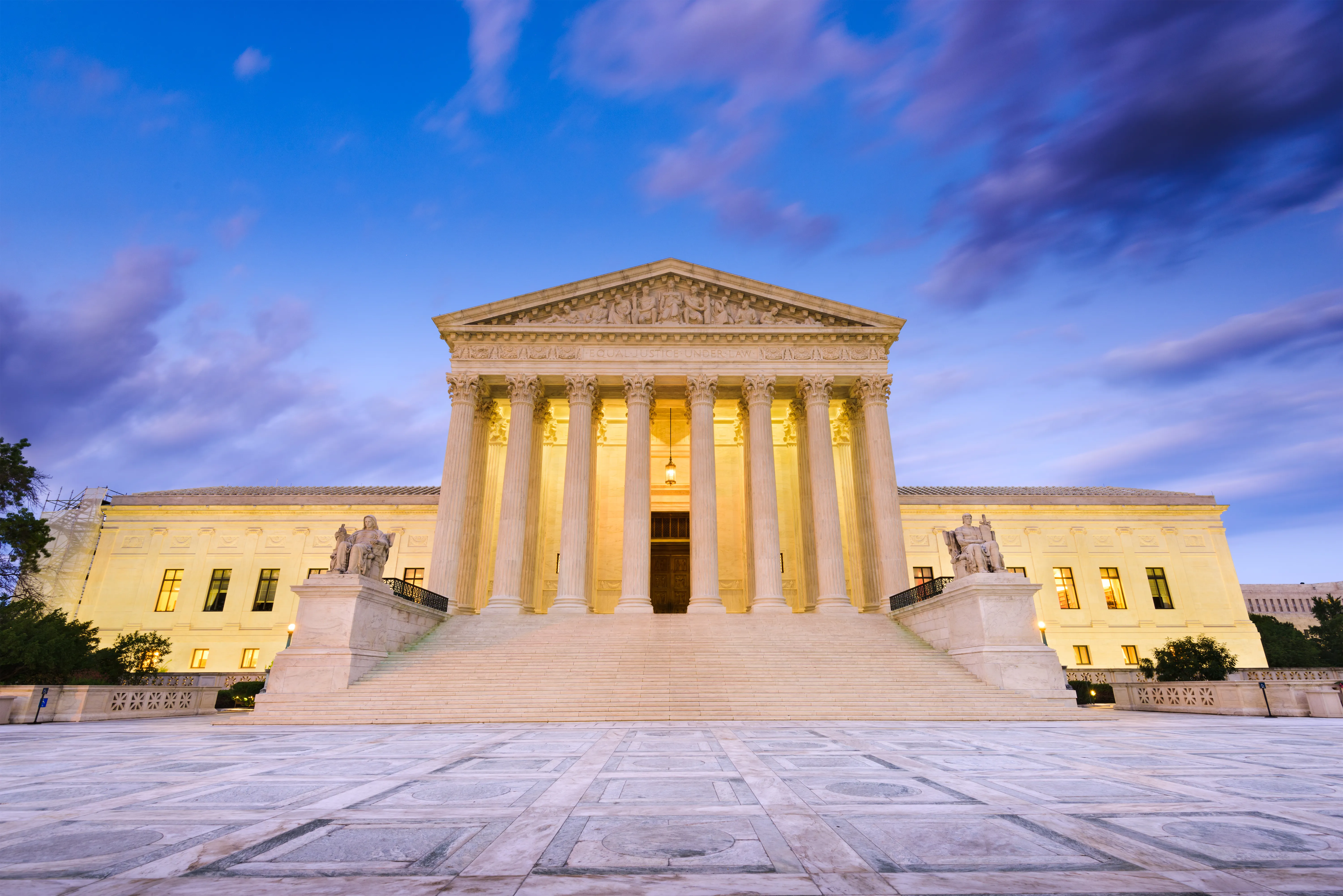
Experts call for boost to SNAP purchasing power in next farm bill
Nadia Ramlagan
(Kentucky New Connection) Families are being forced to stretch their SNAP dollars due to inflation, and advocates say they want Congress to tackle the issue in the 2023 farm bill. Lawmakers are expected to begin working soon on the legislation, which focuses primarily on food-and-farming.
It is set to expire at the end of this year, and stands to be reauthorized every 5 years. According to the Kentucky Center for Economic Policy, more than 12 percent of the state's residents rely on SNAP.
Cassidy Wheeler, advocacy coordinator for Feeding Kentucky, said it will be critical to expand federal funding for the program as food and gas prices continue to soar. "We're looking at increasing SNAP purchasing power because, obviously, cost is rising, inflation is very high," Wheeler said. "That is putting an increased pressure on food banks to meet those needs."
She added that advocates also want Congress to boost resources for the Farm to Food Bank Program, to ensure residents in need have access to local, fresh produce, while supporting the agricultural economy.
Wheeler says the SNAP application process is cumbersome, and often prevents eligible individuals from signing up. She is hoping lawmakers make changes in the next farm bill that simplify and streamline the enrollment process.
"Part of that is our state requirements," Wheeler said. "Here in Kentucky, we have more restrictions than the federal program requires."
She said modifying the legislation is part of a larger effort to eliminate stigma around the program.
"SNAP is feeding our most vulnerable populations, and it's doing a great job of it because for every one meal a food bank serves, SNAP serves nine," Wheeler said.
SNAP enrollment jumped by 16 percent statewide because of layoffs resulting from the COVID-19 pandemic, but participation has fallen since last summer, according to federal data.















